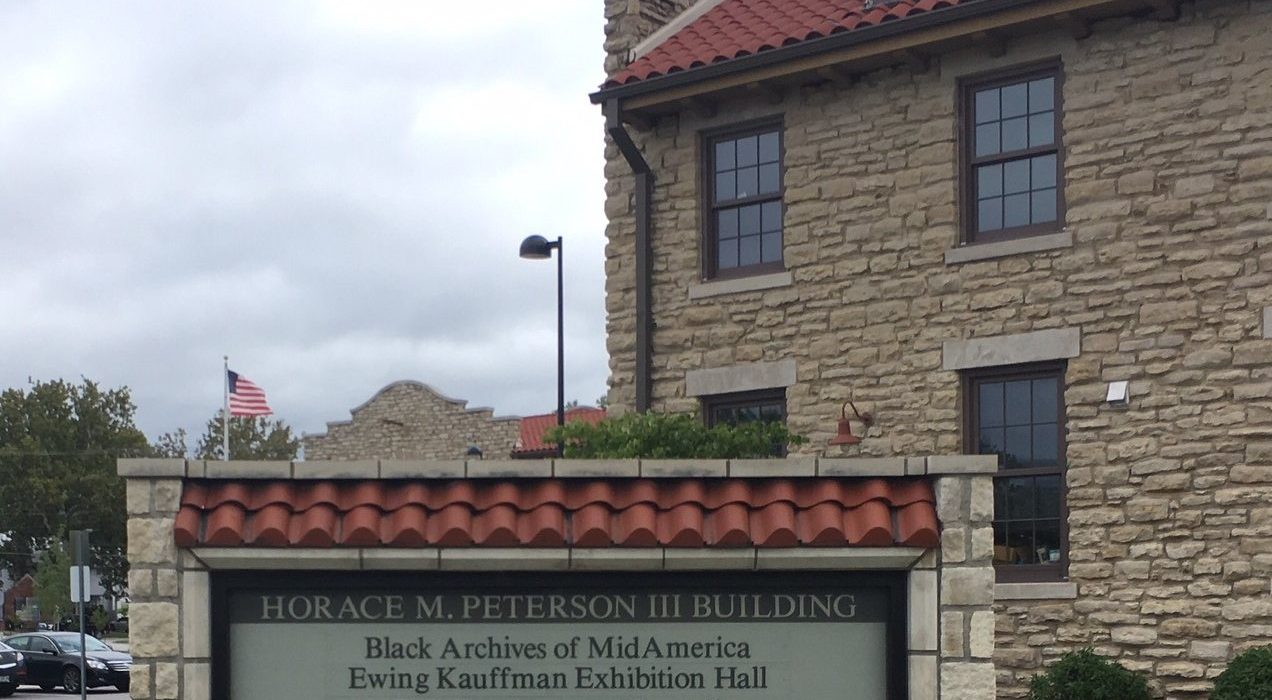Located in the Horace Peterson III Building at 1722 E. 17th Terrace in Kansas City, Missouri, the Black Archives of Mid-America serves as a repository of materials centered upon Blacks in America, especially of Kansas.
Founded by Horace Peterson III in 1974, it houses everything from detailed oral histories and school yearbooks to personal papers of persons significant in Black culture and historical photographs. Among its most priceless possessions is the original document that emancipated enslaved persons of African descent in Missouri.
The mission of the Black Archives of Mid-America, according to its website, is “to collect, preserve and make available to the public materials documenting the social, economic, political and cultural histories of persons of African American descent in the central United States, with particular emphasis in the Kansas City, Missouri region.” As an educational resource, it “provides access to its collections for research, exhibition and publication to honor our community heritage and to catalyze public awareness.”
Because they are archives, much of its content is accessible primarily via personal visit. However, grants from the Missouri Humanities Council and the National Endowment for the Humanities (NEH) have made possible the development of an online gallery, comprised from converting many of its historic photographs to a digital format. Also at the Archives are a collection of videos as well as trailers for “I Remember 12th Street” that Kansas City filmmaker Rodney Thompson produced.
At the NEH website, there are exercises based upon the digital gallery and on the films of Thompson that connect the Black Archives of Mid-America with educators.
Additionally, two of the Archives’ exhibitions are available on Google Arts & Culture. One is Alvin Ailey, about the groundbreaking dancer, choreographer and activist. Founder of the Alvin Ailey American Dance Theater in New York City, he, according to Google’s introduction to the exhibit, “is credited with popularizing modern dance and revolutionizing African-American participation in 20th century concert dance.” The other is Historic 18th & Vine, Kansas City, Missouri. This exhibit pays homage to the history and life of Blacks with its, according to Google’s opening, “outstanding collection of documents, photographs, rare books and artifacts, which illuminate the African American experience in Kansas City and beyond.”
These all are especially significant for those who wish to learn more about African American life in Kansas City.
The Black Archives of Mid-America is open Monday through Friday, from 9 a.m. until 5 p.m. and on Saturday, from 10 a.m. until 3 p.m. It is available on Sunday but by appointment only. Also, the Archives requests that guests contact them prior to visiting if they are interested in any tour.
